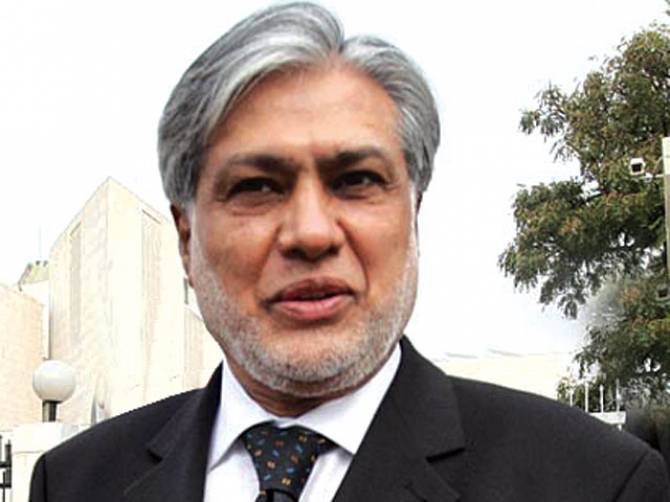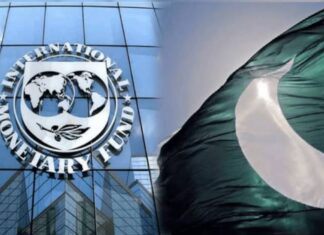Finance Minister Ishaq Dar has stated that he had tabled a proposal with the World Bank to allow the penetration of solar power in Balochistan province at the World Bank Group’s spring meetings in Washington earlier this week. The World Bank’s response has been positive, Dar revealed.
While addressing the Pakistan Embassy’s economic forum on Monday, the minister informed that the Chinese companies participating in the China-Pakistan Economic Corridor (CPEC) initiative are liable for grant of huge tax breaks adding that ‘this calculated decision’ will not affect the economy adversely. He further added that the government had reviewed this decision thoroughly engaging in a cost-benefit analysis of the decision. Chinese are investing up to $56bn and in return, they would be offered some breaks, Dar stated.
Dar revealed that he had invited World Bank President Jim Yong Kim to visit the province to which he conceded. He also added that he invited him to inaugurate the first project when it would be ready. Dar said he is hopeful that things would progress positively.
Dar informed that audience at the forum that the PML-N government envisioned development in Gwadar similar to Dubai, but the coup in 1999 disrupted the plans.
Dar agreed with a Baloch member of the audience that Balochistan has not been granted its due rights, hence preventing the region from realising its true potential leading to the current insurgency.
Furthermore, Dar revealed government’s plans for economic integration of Baluchistan with the rest of the country and stated that the CPEC would lead to major development in the province.
Highlighting the importance of CPEC, Dar said that the initiative is a vision for the entire region, not just a bilateral arrangement. It will soon expand to all neighbouring countries, he added.
Dar went on to clarify the concept of CPEC, stating that the Chinese investment will provide financial facilities to the private sector for projects in the energy sector and infrastructural development.
Dar, when reminded of the concern expressed in a World Bank report that populist policies close to the elections could hurt the national economy, said that the government has no such plans. He revealed the government’s plan of continuing with the financial discipline and structural reforms that have led to growth in the national economy. He assured further that the government does not believe in losing the hard earned benefits and gains earned over the years just to win the elections.
Dar firmly asserted the claim that by 2018, load shedding would end, adding that the government is engaged in wrapping up the projects that are underway.
Dar in a question posed about World Bank’s concerns that Pakistan’s growth could be affected by a strong rupee said that a strong rupee is a sign of good economic policy and there’s nothing the government and the State Bank could do to change this. Pakistan follows an open market policy, he said. He added that investors are elated about the currency being stable.
Dar acknowledged that a strong rupee and increasing oil prices had led to a decline in Pakistan’s exports but he informed that the government is offering various incentives to boost exports.























